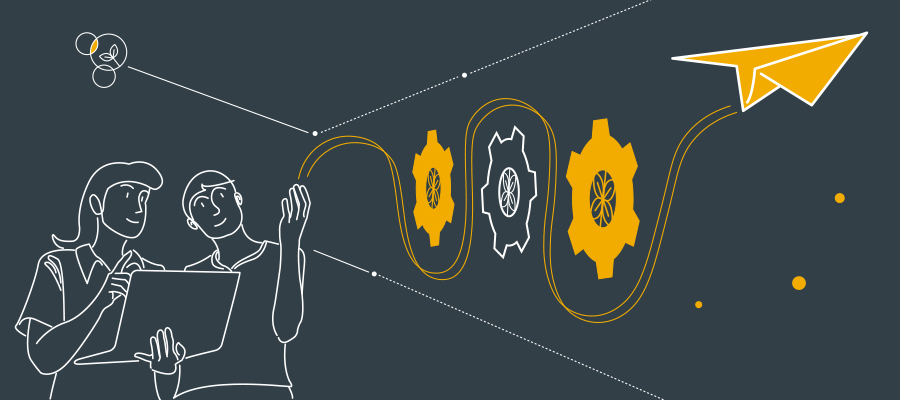In this blog, Isobel Marr, International Development Research Officer, highlights our upcoming event to support researchers interested in applying to the MRC’s Applied global health research: improve health in LMICs, or other future global health calls.
The third round of the MRC’s Applied global health research: improve health in LMICs opens on 1 February and will close on 14 April 2021. The call welcomes applications from any discipline and there is no limit to the amount of funding you can apply for – from a seed-funding proposal to a large-scale programme grant.
Edinburgh Research Office is running an interactive online event on 28 January (2.00-3.30pm) to support University of Edinburgh researchers interested in applying to this fund, or other global health calls. The event aims to maximise chances of funding success and development impact by introducing tools to enable your project team to define the problem the research will address and clarify your intended outcomes.
Why are we running this event?
When designing a new project, it can be tempting to plan your research or knowledge exchange/ dissemination activities first, and then try to retrofit your planned impact to these activities, or else simply assume that the impact will follow.
However, the best way to maximise your chances of impact (and funding success) is to start by defining the problem that you are trying to address. By spending time unpicking the problem and understanding the context you’re operating in, it becomes easier to articulate the impact you want your project to have and to define your desired outcomes. This in turn allows you to ensure the research or knowledge exchange activities you plan are actually the right ones, and to avoid wasting valuable time and resource.
International development and global health funders expect to see both clearly articulated outcomes and impact, and evidence that your activities are a plausible mechanism to achieve these.
What the event will cover?
In this workshop we will demonstrate some group exercises that your project team can use to map out the context you’re working in, come to a shared definition of the problem and get to a position where you can define your outcomes together. The exercises can help to ensure the whole team is ‘on the same page’ from the beginning, and help in articulating the project aims and justification of activities to funders.
If you already have a clear idea of your project, using these techniques can be a good way to test the assumptions you’re making about how the activities you’re planning will lead to impact.
The techniques we will be demonstrating include:
- problem tree analysis;
- PESTLE analysis;
- stakeholder mapping; and
- shared definition of a problem.
Participants will get access to online whiteboard templates of these tools, which you can then use with your wider team.
The aim of the event is to introduce the techniques so you can use them with your project team to develop your ideas. While we hope the session will provide an opportunity to reflect on your project, please remember these are group exercises that will rely on the knowledge and expertise of your in-country partners.
Who is this event for?
The event will be useful for:
- researchers who may not have explored these techniques before;
- researchers who are quite new to international development research or impact in global health context;
- researchers who are bringing together a new group of collaborators;
- researchers who already have a clear research or impact project in mind but wish to test their assumptions of how their activities will lead to the intended impact: and
- researchers considering apply for internal impact funding including Economic and Social Research Council (ESRC) Impact Acceleration Account (launching Spring 2021).
If you would like to invite a key LMIC collaborator to the session, they are very welcome (due to space we are limiting this to one collaborator per project). Both academic and non-academic collaborators are eligible to attend: please contact idr.hub@ed.ac.uk if you would like to invite a partner.
The event is 90 minutes, with an additional optional 30 minutes at the end to continue the exercises and ask questions.
This event is being run by ERO’s International Development Research Hub and the Knowledge Exchange, Impact and Public Engagement Team.
More from this author



